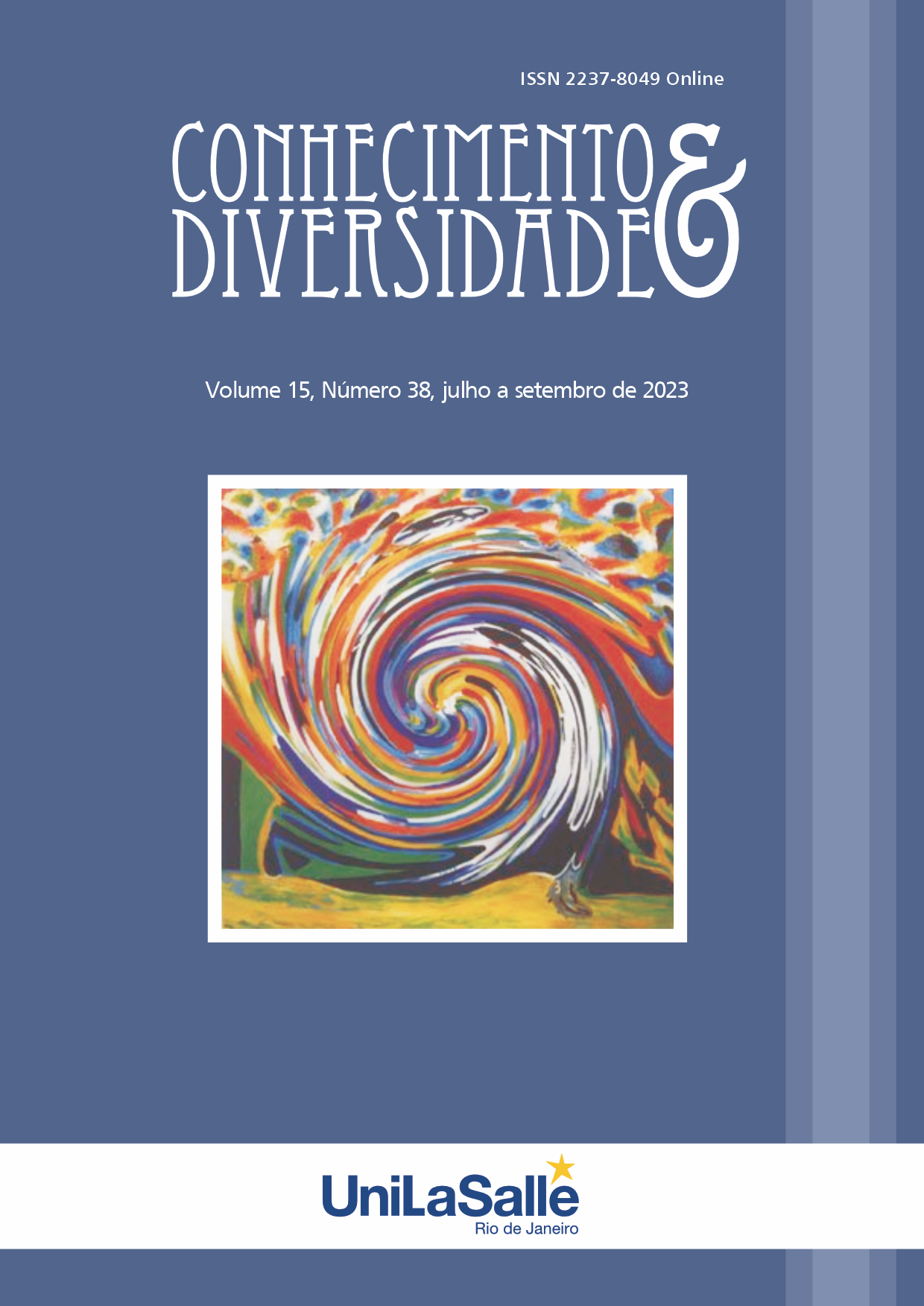MODERN TECHNOLOGIES OF TEACHER TRAINING FOR EDUCATION AND UPBRINGING OF CHILDREN WITH SPECIAL PSYCHOPHYSICAL DEVELOPMENT
DOI:
https://doi.org/10.18316/rcd.v15i38.11052Palabras clave:
Inclusive education, Education, Educational process, Teaching childrenResumen
The article presents the fundamental principles of inclusive education: sociocultural context, historical background, international and national legislative and regulatory support for implementation and functioning of inclusive education, which is considered as the basis of transformational changes in the education of persons with special needs. The periodization and development prospects of children with special needs during the independence of Ukraine are presented; the newest approaches in teaching children with psychophysical features and strategies for successful implementation of inclusive practice; the role and significance of parental influence in the process of inclusive education is described.
Citas
ARTILES, A.J., HARRIS-MURRI, N., & ROSTENBERG, D. Inclusion as social justice: Critical notes discourses, assumptions, and the road ahead. Theory Into Practice, 45(3), 260-268, 2006.
BAGLIERI, S. & KNOPF, J.H. Normalizing Difference in Inclusive Teaching. Journal of Learning Disabilities, 37(6), 525–529, 2004.
BARNES, M. K. Strategies for collaboration: A collaborative teaching partnership for an inclusion classroom. Reading and Writing Quarterly, 15(3), 233-38, 1999.
BILLINGSLEY, F., JACKSON, L. & RYNDAK, D.L. Defining School Inclusion for Students With Moderate to Severe Disabilities: What Do Experts Say? Exceptionality 2220, 8(2), 101–116, 2000.
BOETTCHER, C., PISCITELLI, V. & RAFFERTY, Y. The impact of inclusion on language development and social competence among preschoolers with disabilities. Exceptional Children, 69(4), 467, 2003.
DEPPELER, J., LOREMAN, T., & SHARMA, U. Reconceptualising specialist support services in inclusive classrooms. Australasian Journal of Special Education, 29(2), 117-127, 2005.
MASTROPIERI, M.A., SCRUGGS, T.E., NORLAND, J.J., BERKELEY, S., MCDUFFIE, K., TORNQUIST, E.H., & CONNORS, N. Differentiated curriculum enhancement in inclusive middle school science: Effects on classroom and high-stakes tests. The Journal of Special Education, 40(3), 130-137, 2006.
Descargas
Publicado
Número
Sección
Licencia
Derechos de autor 2023 Alla Kharkivska, Oksana Babakina, Kateryna Dmytrenko, Olena Kapustina , Alona Piekharieva

Esta obra está bajo una licencia internacional Creative Commons Atribución 4.0.
Tal como recomienda el Public Knowledge Project, RCD adopta para sus artículos una licencia CREATIVE COMMONS: Attribution CC BY 4.0
Esta licencia permite que otros distribuyan, remezclen, adapten y desarrollen su obra, incluso con fines comerciales, siempre que le atribuyan a usted el mérito de la creación original.
Esta es la licencia más adecuada que se ofrece.
Recomendado para la máxima difusión y utilización de los materiales bajo licencia.



